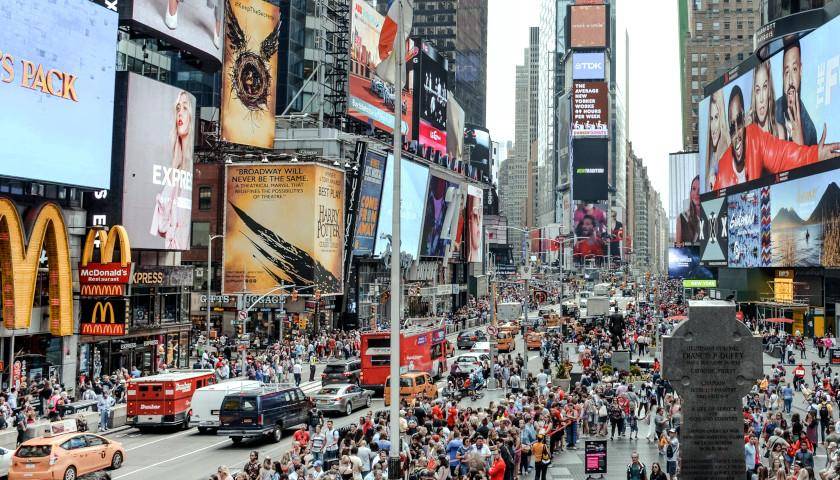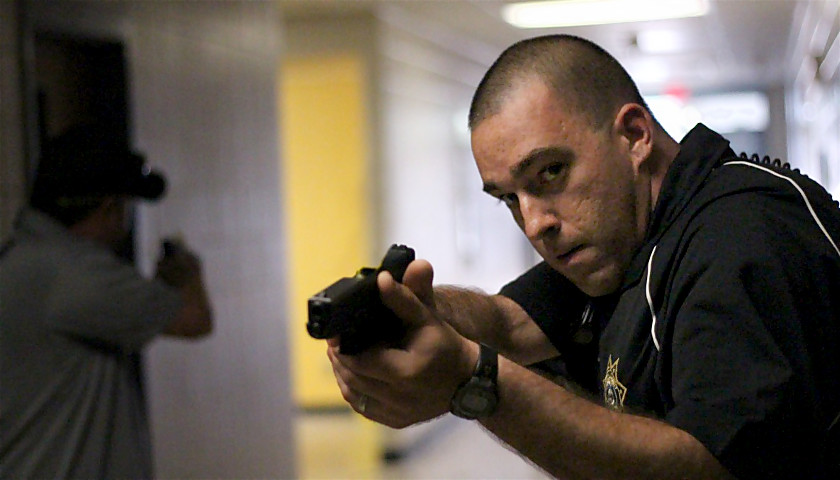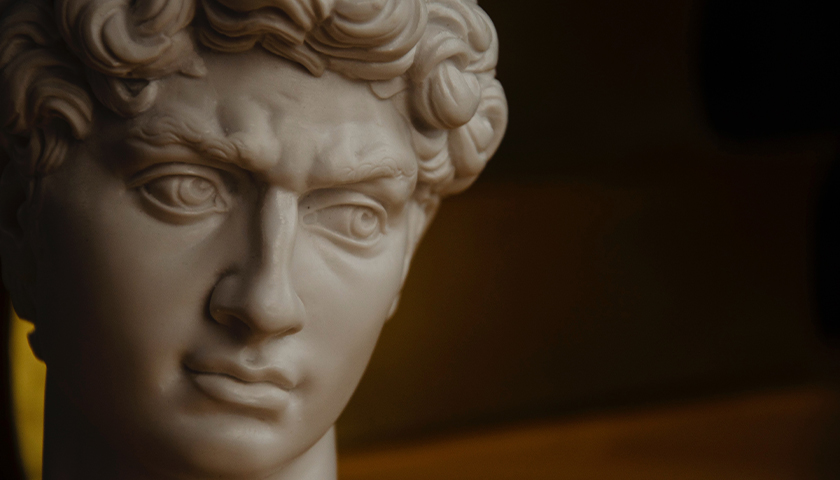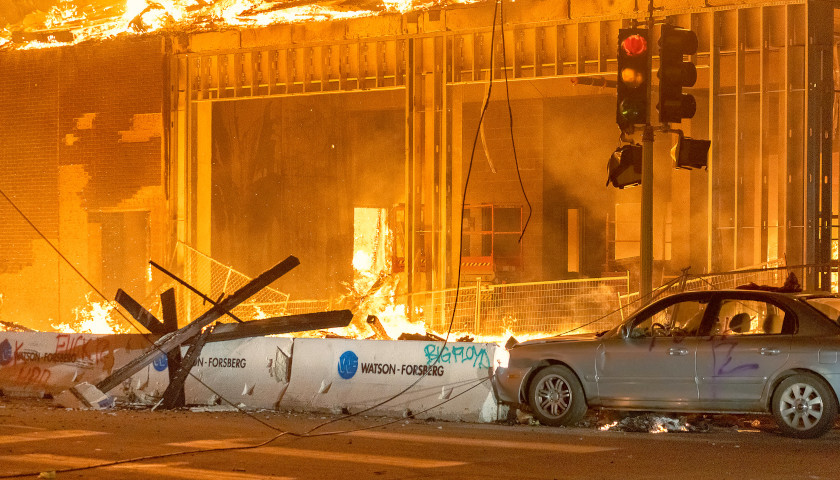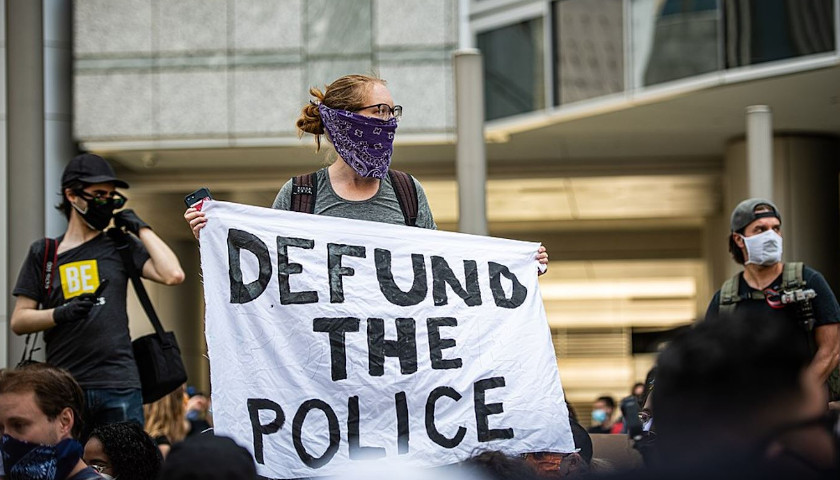by Roger Kimball Some time ago, I participated in a conference about “policing in an age of terror.” One big topic was the place of informed hunches in the armory of the police. Was it okay, or was it culpably racist, for the police to act on educated hunches…
Read MoreTag: Society
Commentary: Gun Violence Is the Penalty for Our Failure to Uphold a Moral, Functioning Society
In the wake of recent mass shootings in New York, Texas, and Oklahoma, Democrats are once again sending Americans up a blind alley. Their “solution” is to punish millions of law-abiding gun owners for the crimes of a few evil maniacs. Undeniably, there is a certain appeal to this response. Gun control is a facile “fix” to a complex problem.
Americans have owned guns since the founding, but it wasn’t until comparatively recently that mass shootings became a concern. Guns are not the problem. Our culture is. Broken cultures produce broken human beings. For every school shooter, there are thousands of other weak, confused, mentally disturbed men who are drifting away from society. They aren’t dating, aren’t working, and they spend most of their time in their bedrooms playing video games, smoking weed, watching pornography, and stewing in social media echo chambers.
Read MoreCommentary: What Greek Epics and Their Teachings on the Special Relationship Between Fathers and Sons
Father’s Day inspires mixed emotions for many of us. Looking at advertisements of happy families could recall difficult memories and broken relationships for some. But for others, the day could invite unbidden nostalgic thoughts of parents who have long since died.
As a scholar of ancient Greek poetry, I find myself reflecting on two of the most powerful paternal moments in Greek literature. At the end of Homer’s classic poem, “The Iliad,” Priam, the king of Troy, begs his son’s killer, Achilles, to return the body of Hektor, the city’s greatest warrior, for burial. Once Achilles puts aside his famous rage and agrees, the two weep together before sharing a meal, Priam lamenting the loss of his son while Achilles contemplates that he will never see his own father again.
The final book of another Greek classic, “The Odyssey,” brings together a father and son as well. After 10 years of war and as many traveling at sea, Odysseus returns home and goes through a series of reunions, ending with his father, Laertes. When Odysseus meets his father, however, he doesn’t greet him right away. Instead, he pretends to be someone who met Odysseus and lies about his location.
Read MoreCommentary: A Reign of Error
At the end of The Unheavenly City: The Nature and the Future of Our Urban Crisis (1968), Edward Banfield presents a prospect regarding race relations that seems to have been fulfilled since his tumultuous years and ours: a reign of error.
Let me set the stage. America had become the wealthiest nation in the history of the world, and the wealth was making its way to the lower classes also. Thus the main “accidental factor” that had locked Americans in a vicious cycle of white discrimination and prejudice on one side and low standards and attainments for blacks on the other would be largely alleviated. Such prejudice, said Banfield, writing during the years of urban riots, was already in decline.
Read MoreCommentary: The Impossibility of a Police-Less Society
The hue and cry for a police-less society is serious stuff. For some advocates, the term “defund the police” refers simply to making victimless crimes (drug use, etc.) the responsibility of social workers rather than police officers. But to others it means eliminating law enforcement entirely.
Is such a condition possible? Can a society function without any law enforcement agents?
Read More
